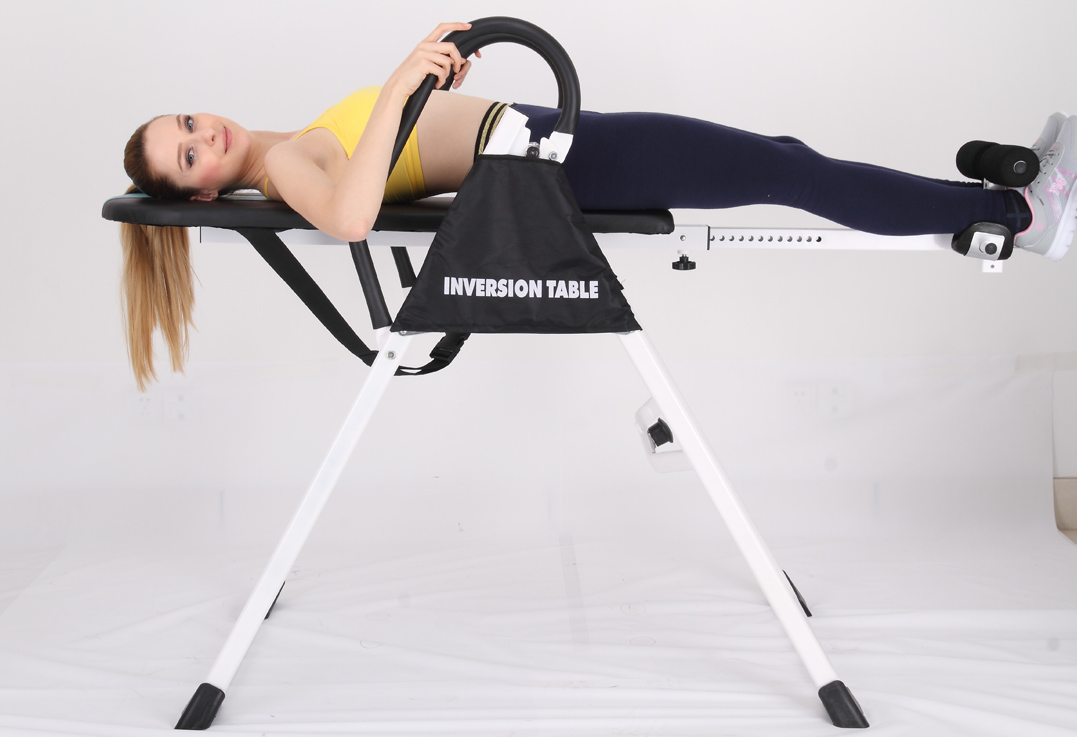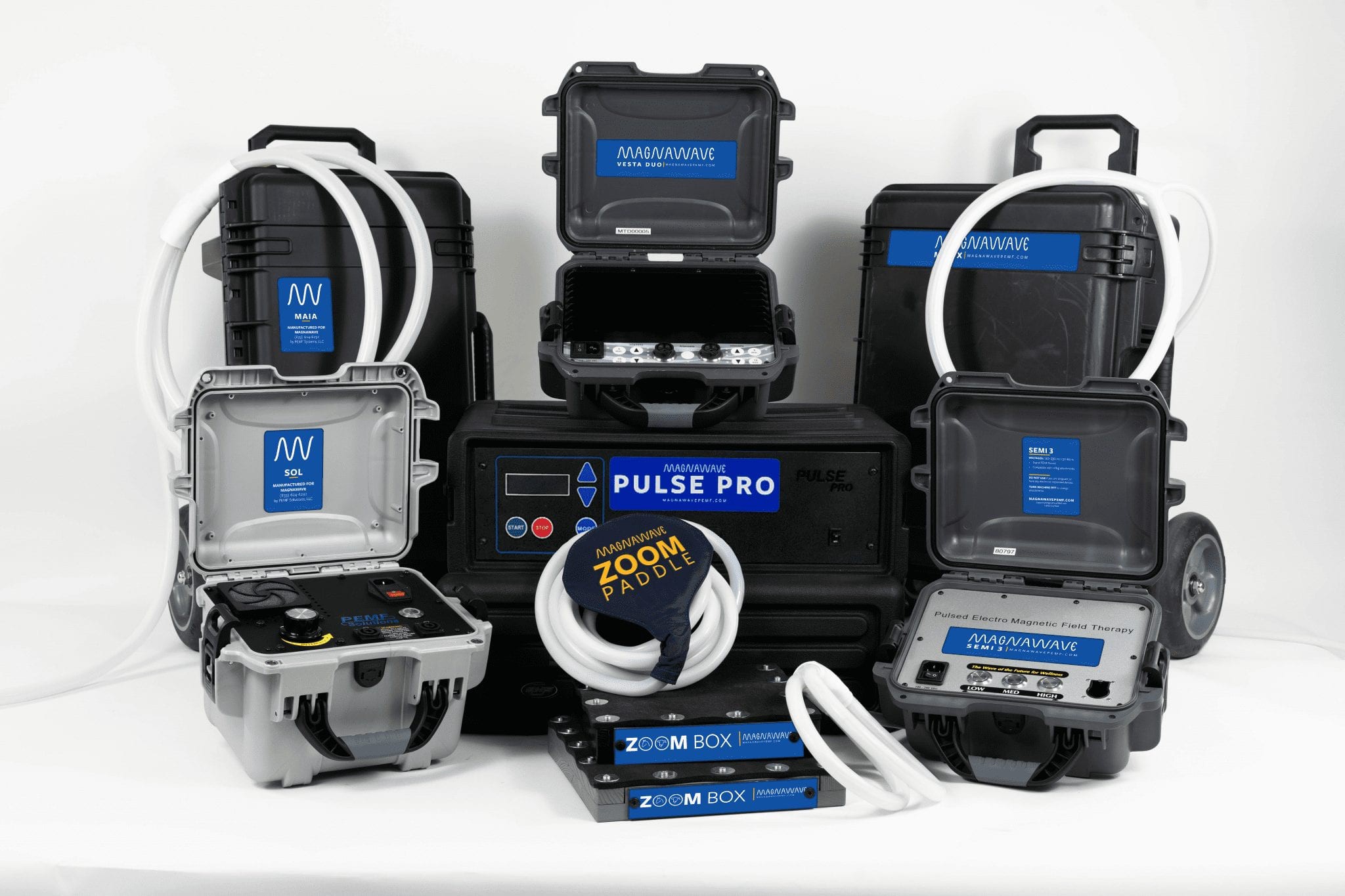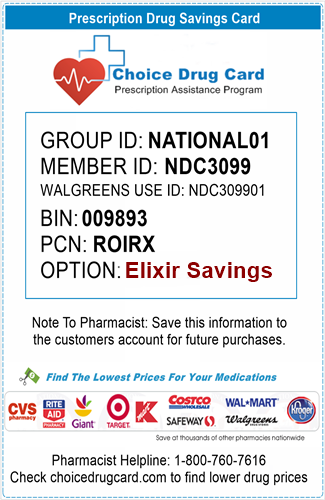I’m thinking to myself as I write this… I don’t think I’ve shared this story with many people, but it’s definitely worth sharing.
Sharing experiences about my learning disability hasn’t always been an easy thing for me to do. In fact, it’s been extremely difficult. For years, I felt I needed to hide it, shove it deep in a box, lock it and throw away the key. Although it added a lot of weight to my life – I had a difficult time setting the weight down, or asking for someone to help me carry the load. It was just a lot! Especially for a kid.
As I grew older, went to school, and began learning more about the world and people around me… I discovered that I was not the only one carrying this heavy burden. With 10 percent of children being diagnosed with learning disabilities – I was one of 6500 people with a diagnosed learning disability at my University. You’d never know it though, because most people learn to adapt to their metaphorical demons… learning systems and routines that turn their disability into a strength. Or at least making it unrecognizable to any passerby’s.
At the tender age of 28… I’m no longer scared to share my story. Frankly, I’d rather share my experiences, and hope that It can inspire someone, or help them on their journey towards dealing with their metaphorical learning disability demon too. Or at least learning how to distribute the weight around, so it’s easier to carry.
So here’s my story. But before we go any further, I just need to remind you that my systems and techniques work for me specifically… but may not be applicable to your life or your personal struggles. Take as much of this as you can, and apply it to your life… however I encourage you to search for your own tricks towards taming and controlling your disability. Especially since there are many different learning disabilities out there. Mine are specific to me, and my cognitive brain functions… just as a fingerprint, every learning disability has its own unique layout specific to each person.
My very own learning disability
When I was kid, my parents knew I wasn’t learning at the rate I should be. Both of my parents were High School teachers in our local districts – which in retrospect was a huge reason I got assistance with my learning disability at such as young age. They were able to see the early signs of learning difficulties, and made the active decision to take me to get a psychological assessment at the University Of Guelph.

I remember a lot about this experience. I was taken out of school one afternoon every few weeks, and a played games with this wonderful doctor names Eileen Gross. It was also the first time I had Perrier (bubbly water)… I felt so sophisticated, which I realize is besides the point of the story.
Eileen and I drank tea (bengal spice, to be exact) did some puzzles together, and solved problems during our hour long visits. To a young, impressionable 9 year old – this was nothing but a really fun time. I honestly didn’t really know why I was there, but I knew it was because I was a little different.
Eileen and I met for a total of 6-8 sessions that spanned the course of 2 months. At the end, she was able to provide my parents with a concrete diagnosis of what level of learning disability I was carrying, witch was later re-assessed at the end of High School before going into university. At the end of the initial 2 months, she came to the conclusion that I was dyslexic, with root memory issues.
To sum it up for you, each of us has our own learning profile. Once we are aware of our best ways of learning, the mystery of the learning environment and methods becomes more clear to learners. The learner can find their best strategies to connect and function well. I mostly had issues with spelling, arranging of letters and numbers, reading and my working memory. I would often reverse letters, confuse numbers and even miss whole paragraphs and sentences as I read. Literally as it they didn’t even exist on the page.
Now the root memory issues threw in another curve ball into the dyslexic equation. My root memory (or working memory) is basically how I recall information. I scored in the 8th percentile which means I was at the lowest category for memory recall. Go me! To simplify this further, it basically meant that if you asked me to remember a series of numbers… and requested I say them back to you after 5 minutes has passed… I wouldn’t be able to remember the numbers at all. Pretty peachy scenario to be given as a 4th grader, right?
As you can probably imagine… this caused a lot of frustration as a student. Most of your educational upbringing is hyper focused on immediate recall. With test structures and the lesson formats… I was basically being set up for failure. The next few years would be exciting ones, to say the least.
Carrying the weight
As I progressed through the education systems, things began to get increasingly difficult. Math and Science became my worst enemies, and I wasn’t flourishing in any subject except for Art and Gym class.
While all my friend were finding their stride in biology, or calculus… I was excited learning about horizon lines and perspectives in art class. Not a bad thing by any means, because we all have our own interests. But it was getting harder and harder to relate to people. It didn’t help that I was taken out of math and science classes and worked with teachers 1 on 1 in the resource centre. The resource centre allowed a teacher to sit down with me directly and present information in a manner that would promote healthy learning and memorization. They would explain things differently so my memory would adhere to the content, and store it in the correct recall areas of my brain. On paper, it was awesome.
Although this was incredible for my grades, it threw a huge stamp on my forehead that singled me out for being different. I was constantly made fun of for it – and had a real crummy time just being a kid. Every time I was called on in class, a jolt of anxiety ran through me because most of the time, I didn’t have the answer or I was too scared to try and get it wrong. I also spend most nights crying over homework as my dad tried to reach me fractions, or long division. Sorry Dad!
Overcoming my demons
Fast forward to High School. By the time I entered grade 9, I had been dealing with my personal learning disability for about 5 years. At this point, I had developed systems and tricks to help me “overcome” my learning disability demon. Although these systems helped, my dyslexia and root memory issues still reared their ugly heads every once and awhile.
My systems included reading with a ruler to follow each line specifically and intently, having note takers in class so my attention was always fully devoted to understanding lessons, and having extra time and access to computers for exams.
Here’s the catch though. I had a diagnosis. I had the paperwork saying I needed extra help and assistance, because my brain was wired differently than most. This wasn’t my fault, it wasn’t anything my parents did in my upbringing… it was just how I was born. I just needed to do things a little differently.
I had extra assistance, but I began realizing that a lot of kids in my high school didn’t. I kept seeing friends and other students encounter similar issues, but wouldn’t get the support I had because they didn’t have a diagnosed learning disability. This was obviously over a decade ago, which means the education has changed quite substantially. But for the kids who I grew up with… their struggles went un-assisted. They were never given











